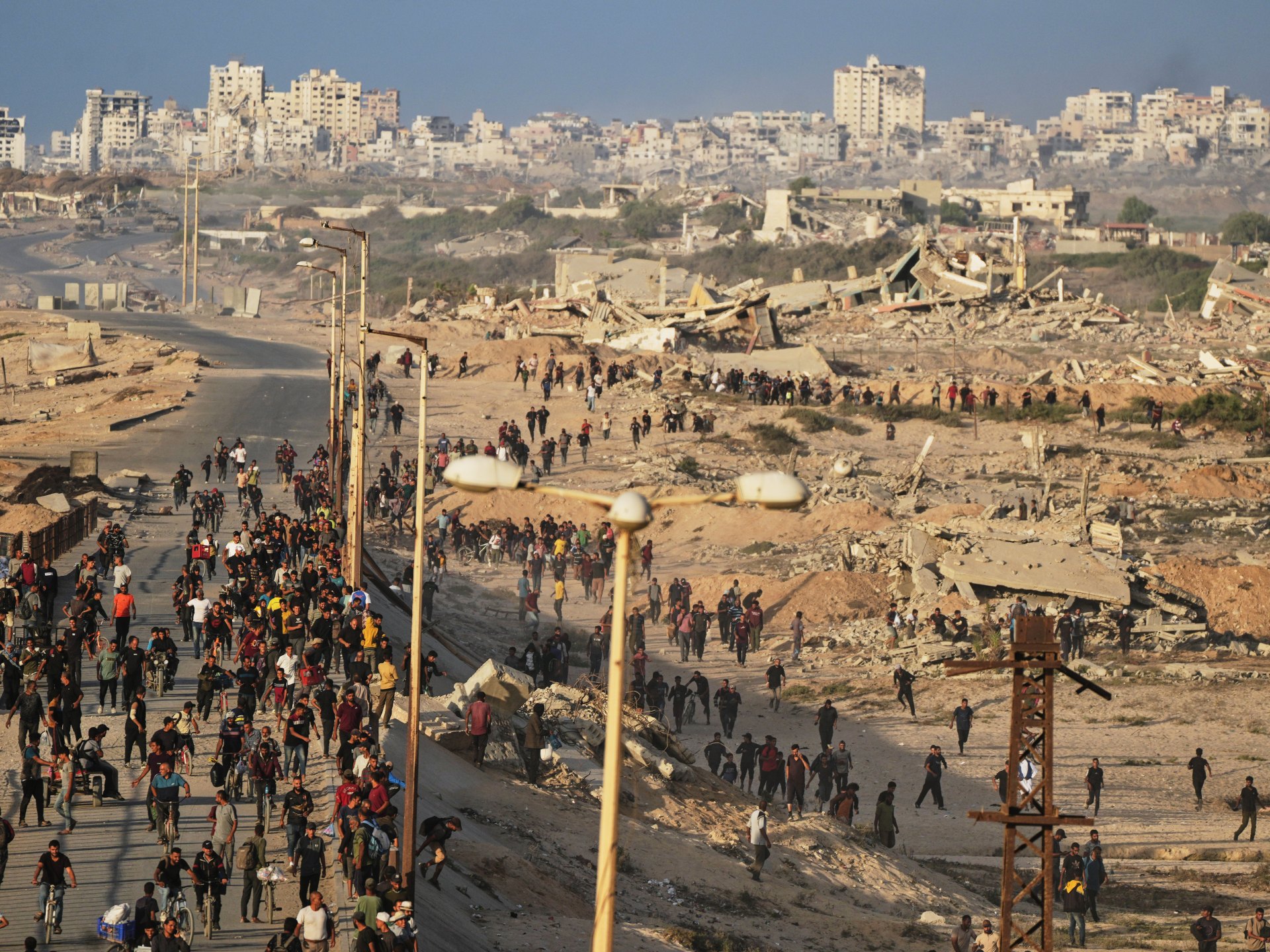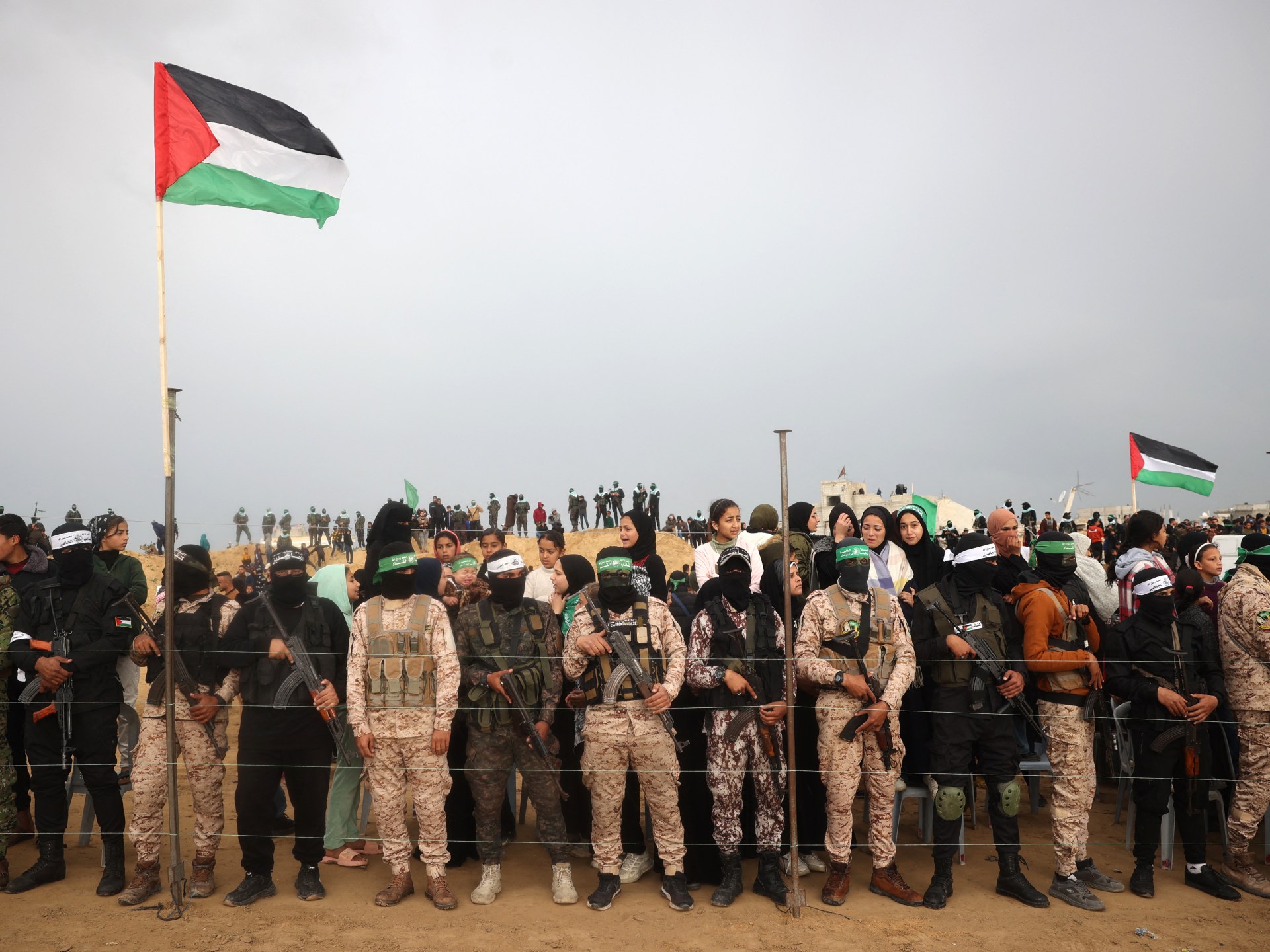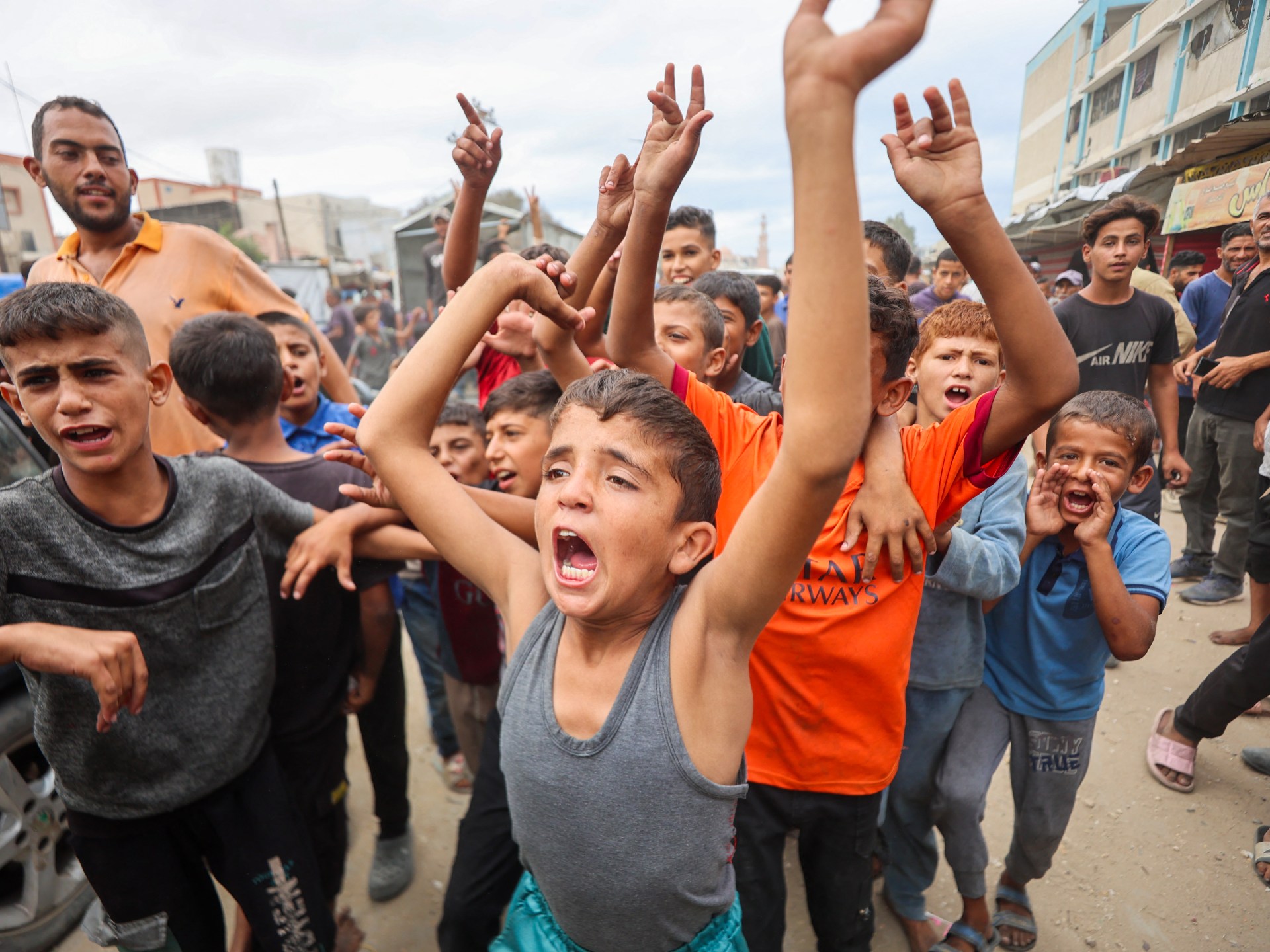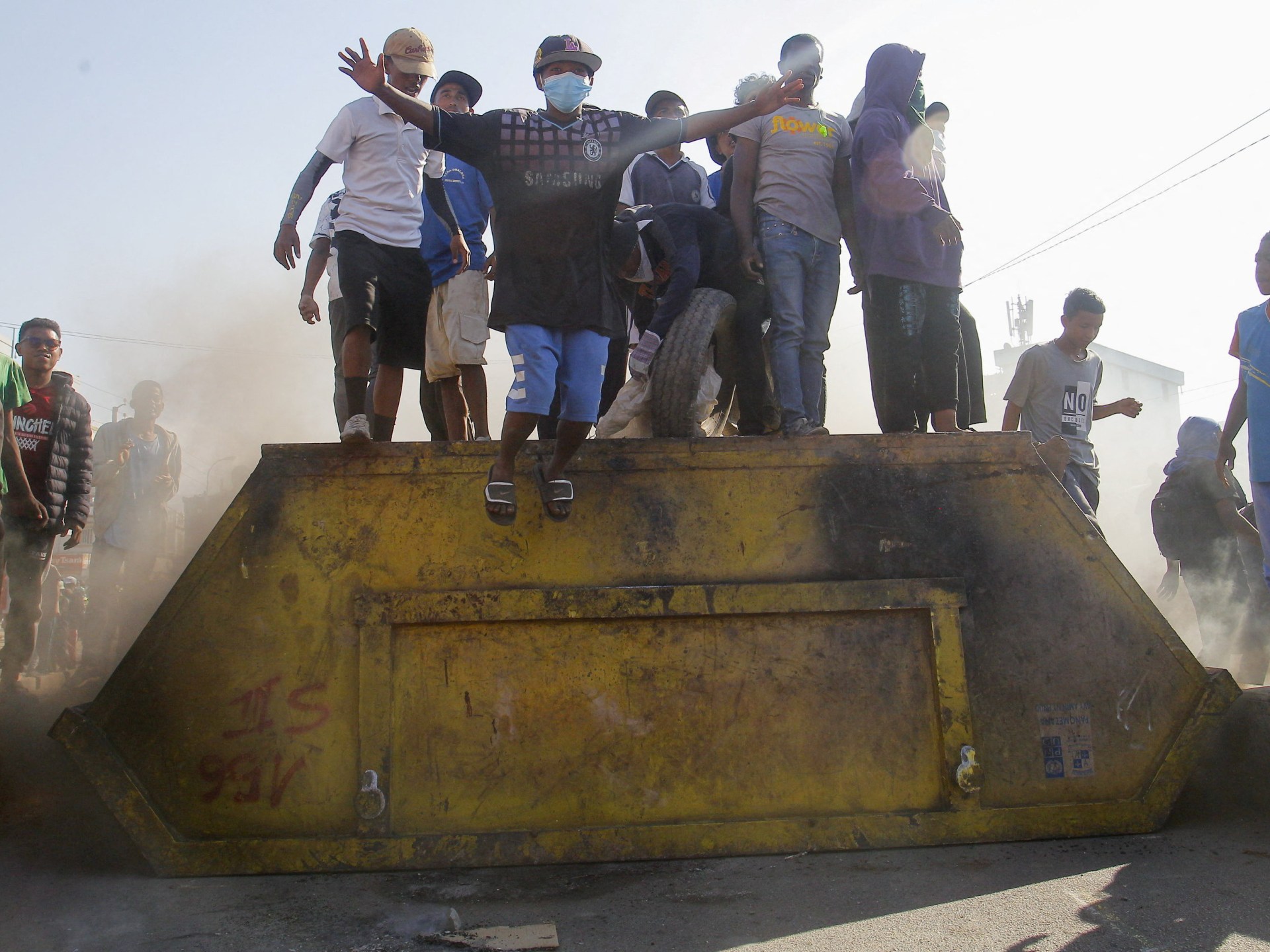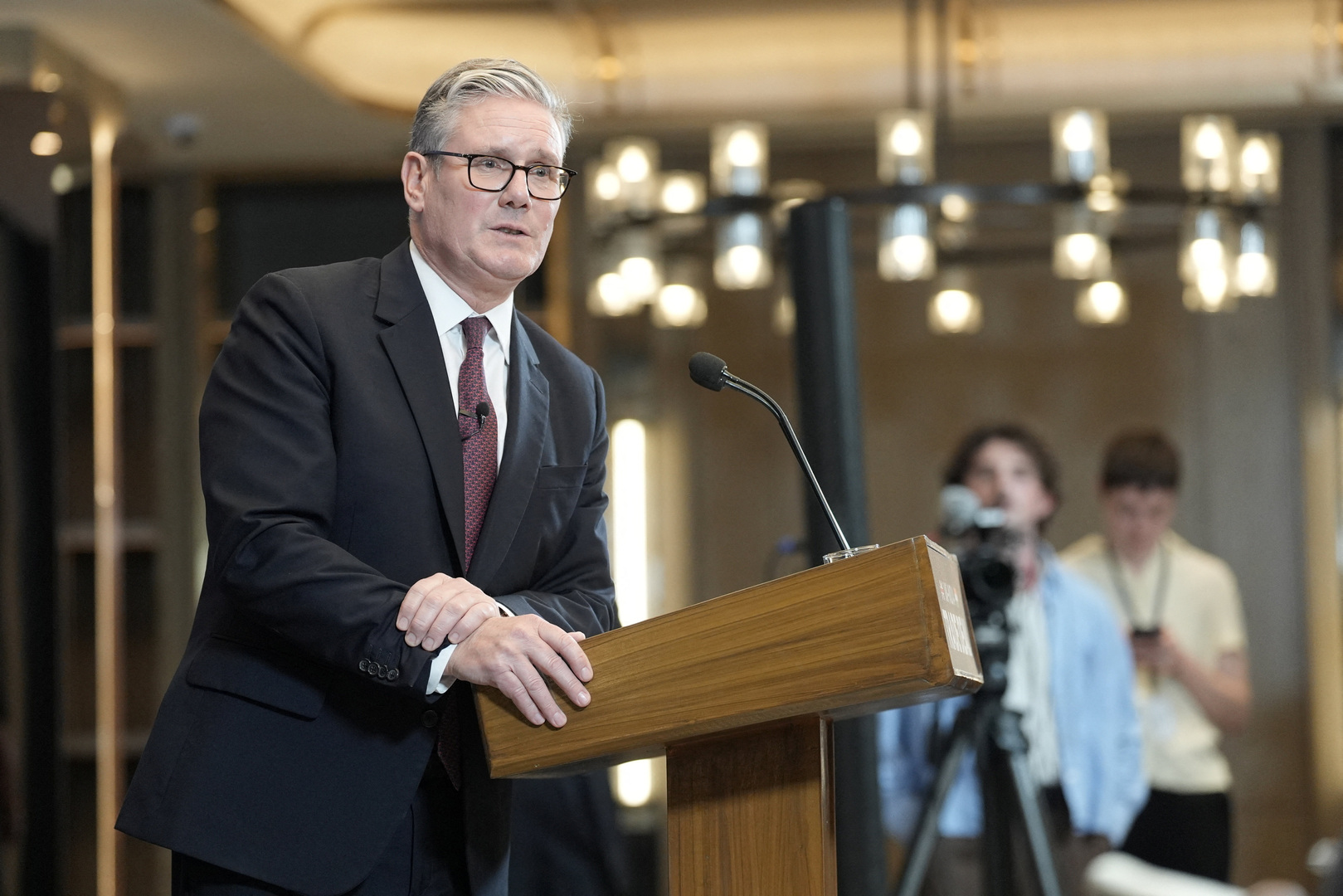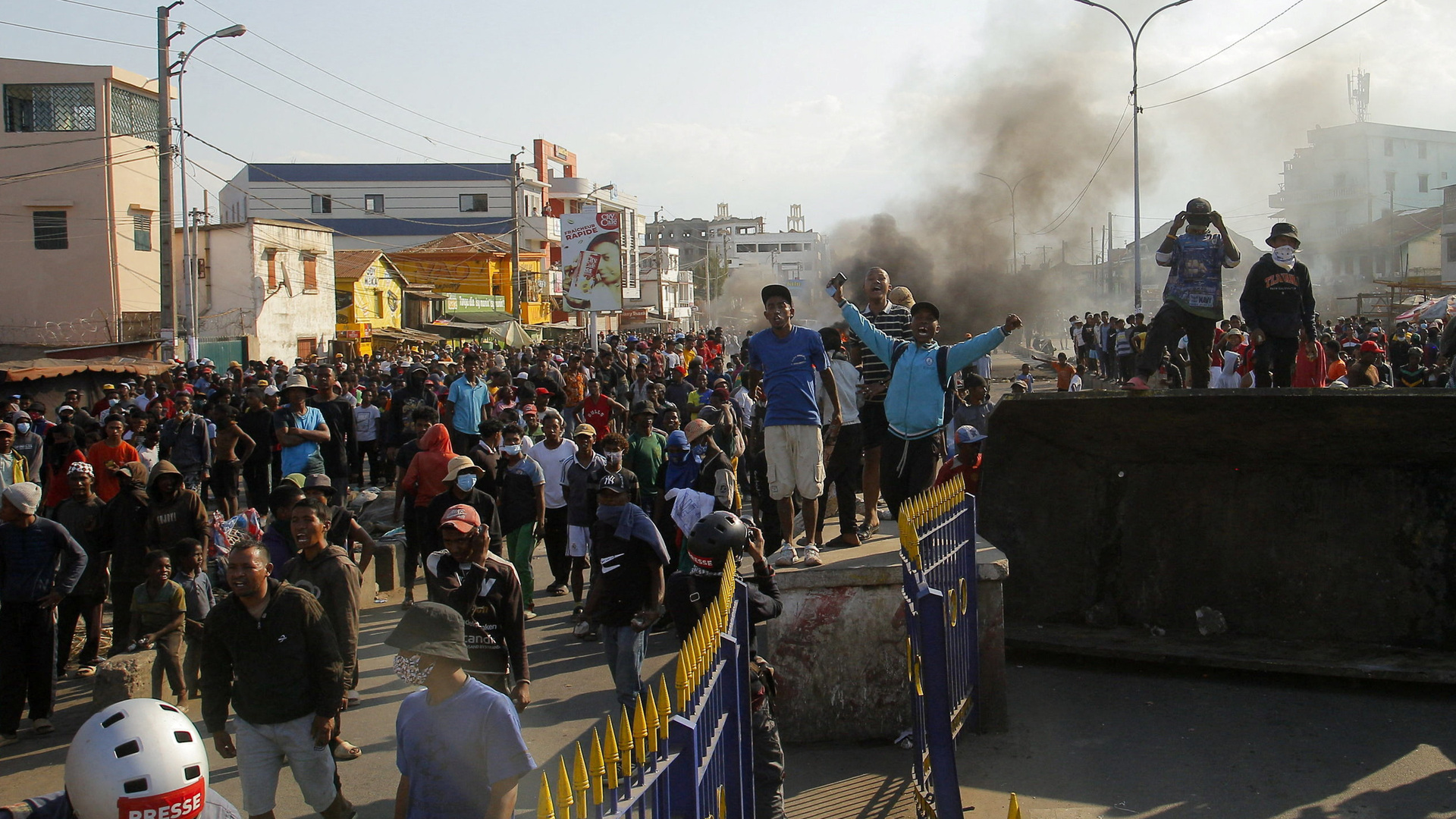Washington, DC – In announcing the Gaza ceasefire deal, Hamas praised United States President Donald Trump in one sentence and called on him to compel Israel to live up to its obligations under the agreement in the next.
Trump has presented the ceasefire breakthrough, which he called “momentous”, as his own. And both the Palestinians and Israelis have given him credit for the deal.
Recommended Stories
list of 3 itemsend of list
But with details of the deal still opaque and the precedents of the government of Israeli Prime Minister Benjamin Netanyahu resuming the bombardment after previous agreements, analysts say Trump’s role is essential in making the ceasefire permanent.
“The US must ensure that this is not another one-phase ceasefire that Netanyahu unravels for political survival,” said Nancy Okail, head of the Center for International Policy (CIP) think tank.
“So, sustained US pressure is the only way to secure a full and lasting end of the war.”
Critics say Israel has been increasingly acting as a rogue state, daily violating the ceasefire with Lebanon and the disengagement agreement with Syria, in addition to its attacks across the region and well-documented breaches of international humanitarian law in Gaza.
The Netanyahu government also unilaterally nixed the Gaza truce deal that was in effect earlier this year.
Trump is seen as the ultimate guarantor of the current deal. He was the first to announce it late on Wednesday. The agreement is also based on a 20-point proposal he put forward last week.
“We ended the war in Gaza, and – really on a much bigger basis – created peace, and I think it’s going to be a lasting peace, hopefully,” Trump said on Thursday.
US assurances
Hamas’s chief negotiator Khalil al-Hayya also appeared confident that the Israeli assault on Gaza is ending.
“We have received assurances from the brotherly mediators and the US administration who have confirmed that the war is completely over,” he said in a video statement.
While Israel has said that it agreed to the deal, some officials are already casting doubt about committing to ending the war.
Israeli Finance Minister Bezalel Smotrich said the country has a responsibility to “continue to strive with all its might for the true eradication of Hamas” after the captives are released.
The Israeli war machine is largely dependent on Washington’s backing. The US provided Israel with more than $21bn in direct military aid over the past two years.
Trump and nearly all his top foreign policy aides are staunch Israel supporters, raising concerns about the risk.
So, some analysts say worries that Israel may blow up the truce once its captives are released are not unwarranted.
Yousef Munayyer, Head of the Palestine/Israel programme at the Arab Center Washington DC, said Trump is the “centrepiece” of the deal and must hold “Netanyahu’s feet to the fire” to maintain a lasting ceasefire.
“The entire deal hinges on a convicted felon convincing an indicted war criminal to do the right thing,” said Munayyer, referring to Trump and Netanyahu. “If you are sceptical, you have every reason to be sceptical.”
‘We’ll see’
It’s not entirely clear what the sides have agreed to so far. Trump announced that a deal over the first stage of the ceasefire, which will see the release of all Israeli captives in Gaza in exchange for hundreds of Palestinians held by Israel, has been reached.
What happens next remains to be seen.
Earlier this year, Israel restarted its offensive and a deadly siege on Gaza with the end of the 60-day first stage of the ceasefire deal.
Munayyer noted that the US president’s primary focus in Gaza has been the Israeli captives.
Indeed, whenever Trump has been asked about the atrocities and famine in Gaza over the past months, he would pivot to the captives, taking credit for the release of dozens of Israelis in Gaza during the truce between January and March.
“He’s never really said we need to stop this because of the horrors that it’s inflicting on the Palestinian people. His empathy, his focus is entirely on the Israelis that are being held captive there,” Munayyer told Al Jazeera.
“So once there is a release – and this is the dangerous part about this deal being so front-loaded – will he continue to be interested in ensuring its implementation, ensuring that reconstruction happens, ensuring that humanitarian aid gets in, ensuring that there is an actual ceasefire?”
Trump reasserted that his top priority is the release of the captives on Thursday and did not appear fully committed to permanently ending the war.
Asked whether there are guarantees that Hamas would disarm and Israel would not return to bombing Gaza, Trump said: “First thing we’re doing is getting our hostages back … After that, we’ll see.”
‘Recalibration in Washington’
Okail, of CIP, said the only “durable path” to disarm Hamas is to resolve the root causes of the conflict – the Israeli occupation.
“It’s through Palestinian self-determination,” she said.
Okail added that the US should “stand its ground” and make sure that Israel does not go back to war while also addressing the broader issues of continuing occupation and settlement expansion.
Absent that, “this deal will be as fragile as the ones that preceded it”, she told Al Jazeera.
The White House’s 20-point Gaza plan, released last month, acknowledges that Palestinians are seeking a state, not that they have a right to one.
It floats the possibility of discussing Palestinian statehood, but only after the Palestinian Authority (PA) implements US-required reforms.
“While Gaza re-development advances and when the PA reform programme is faithfully carried out, the conditions may finally be in place for a credible pathway to Palestinian self-determination and statehood, which we recognise as the aspiration of the Palestinian people,” it said.
But even that vague mention appears to be a break with Netanyahu’s insistence that Israel would never allow a Palestinian state to be established.
Trump and Netanyahu appear to have strong personal ties, but Okail said the Israeli strikes on Qatar last month – which prompted international and regional outrage – were a turning point for the US president.
“That backlash forced a recalibration in Washington and demonstrated the limits of unconditional support for [Israel] because it showed that it has a political liability directly on Trump, who has been praising and having good relations with Qatar,” she told Al Jazeera.
Bottom line: Can Trump be trusted to enforce the ceasefire?
